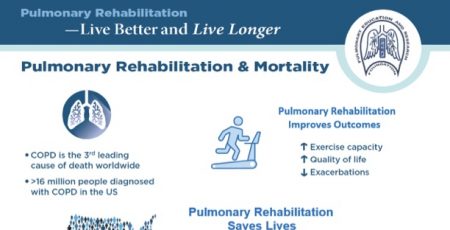19 May Is It Your Annual Springtime Cold Or Allergies?
It’s springtime and you have a cold. In fact, when you think about it, it seems you get a cold just like clockwork every single spring. Could it be that you don’t have a cold but rather allergies that flare up at this time of year?
Why does it matter, you may ask? After all, the symptoms are virtually the same. Well, it matters because you can, and should, alleviate your symptoms with different treatments, depending upon what actually is causing those your stuffy nose, cough, and watering eyes.
Viruses cause common colds. In contrast, your own immune system causes allergy symptoms as it responds to the presence of allergens to which it is sensitive.
For a cold, usually you can self-treat with rest, pain relievers, and over-the-counter cold remedies containing decongestants. Typically, colds last three to ten days; some can last as long as two weeks.
The best treatments for allergies might include either over-the-counter or prescription drugs containing antihistamines and decongestants, and nasal steroid sprays. Rest is typically not required; avoidance of exposure to the offending allergens, if possible, is what’s important. Seasonal allergies can last several weeks; basically as long as exposure to the allergens persists.
Below is a checklist prepared by the National Institute of Allergy and Infectious Diseases, which can be a helpful guide to help you determine if you have a seasonal cold or seasonal allergies.
| Symptom | Cold | Allergy |
| Cough | Usually | Sometimes |
| General aches and pains | Sometimes | Never |
| Fatigue and weakness | Sometimes | Sometimes |
| Itchy eyes | Rarely | Usually |
| Sneezing | Usually | Usually |
| Sore throat | Usually | Rarely |
| Runny nose | Usually | Usually |
| Stuffy nose | Usually | Usually |
| Fever | Rarely | Never |
Thanks to James M.Steckelberg, M.D. of the Mayo Clinic for much of the information in this article.





No Comments